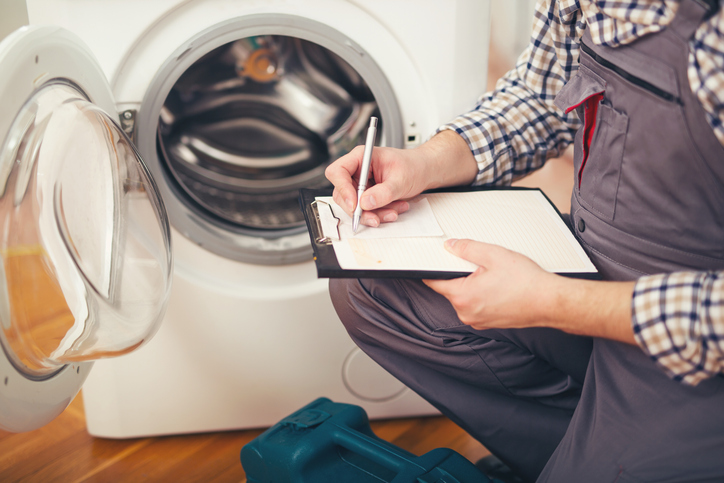
What to Consider Before Opting For Appliance Repair
Hiring an appliance technician can be a costly venture. Being proactive in extending the life of your appliances can delay the need for repairs. Having a good working knowledge of how your appliances operate can help you determine whether or not it’s time to call for service.
AN OUNCE OF PREVENTION
It is a very good idea to read the manual when you purchase the appliance. They usually provide a routine maintenance checklist that, if followed, can extend the life of your appliance. Your appliance manual will often contain other advice, such as how much voltage it can resist or if it is water-resistant.
UNDERSTAND ITS OPERATION
Appliances such as ovens, refrigerators, and washers have seals and gaskets that can become cracked or otherwise damaged over time. So when you’re in need of appliance repair, be sure to inspect for these periodically and replace them when they show signs of wear. The hoses on clothes washers and dishwashers tend to wear out more quickly than other components, so it is important to inspect them often for kinks or leaks.
RECOGNIZING AN EASY FIX
Sometimes it’s as simple as your appliance became unplugged, so always check there first. Other times it could be a problem with your outlet or power source. If possible, plug your appliance into another outlet and see if it works. If you are still coming up empty, check the power source. It could be a tripped breaker or blown fuse. Be sure to shut off the main breaker first before investigating.
Another way to identify an easy fix is by checking the type of hardware that’s used to hold your appliance together. Easy to remove hardware such as bolts, pins, screws, or plugs usually indicate a relatively simple fix. Sometimes, it’s as simple as replacing the pins in a washing machine. So, always, when you’re in need of appliance repair, check to see if its something you can change or fix yourself.
Beware of rivets or welds, however. These are there for a reason. Removing them could be dangerous, the repair process could be difficult, and getting that hardware back in place could be a real challenge.
KNOW THE LIFESPAN
Sometimes it can be less expensive to replace an appliance rather than trying to fix it. A good gauge to use when making this decision is called The 50% Rule. If your appliance has already gone through half, or 50%, of its lifespan, it’s usually more cost-effective to replace it rather than try to fix it. You can determine this by comparing the cost of repair with the cost of replacement. Remember to factor in any replacement parts you would need to purchase.
PREPARE FOR REPAIRS
If you determine that repairing your appliance is your best option, it’s best to leave it to a professional. However, there are things you can do to ensure that the process goes as smoothly as possible. Rearrange your schedule to allow ample time for the technician to arrive and complete the repair service. While you are waiting, make sure to clear the area so that the technician has enough room to work.
CONCLUSION
An ounce of prevention is worth a pound of cure. Familiarize yourself with how your appliance works and the necessary routine maintenance. Use the 50% rule to make your final decision. If you choose to repair, keep the labor cost down by making space for the technician to work.

